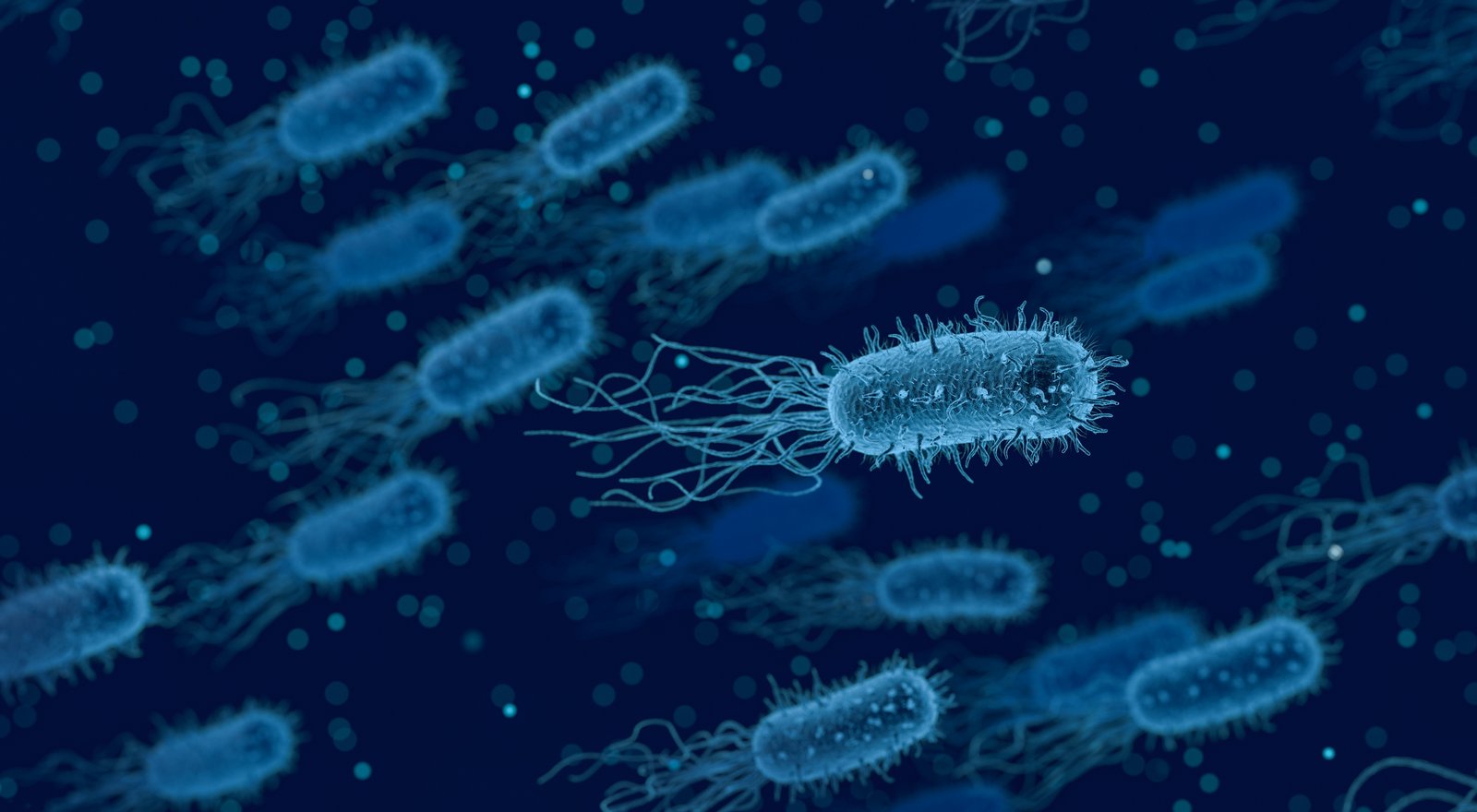
How can you protect yourself from sexually transmitted infections (STI/STD)?
Condoms are currently the only effective protection against sexually transmitted diseases (STD) or infections (STI), such as chlamydia or HPV and HIV, for both men and women. To ensure that the protection works optimally and the fun and feeling does not suffer, condoms in the appropriate size are best suited. Suitable condoms slip off less often and at the same time do not constrict, so fun and protection are not a contradiction, but go hand in hand.
What are sexually transmitted diseases?
Sexually transmitted diseases are diseases that can be transmitted during unprotected sexual intercourse, they can have various causes and originate from bacteria, viruses, fungi or even parasites.
The different types of STDs
Viruses:
- HIV, which can lead to AIDS
- Human papillomaviruses (HPV), which can lead to uterine cervical cancer, among other things
- Hepatitis A, B or C
- Genital herpes
- Cytomegaly
Bacteria:
- Syphilis
- Gonorrhea
- Molle's ulcer
- Bacterial vaginosis
- Chlamydia
- Diarrhea (can be transmitted through oral sex if ill)
Fungi:
Parasites:
- Trichomoniasis
- Fungal infestation
- Scabies
Why is protection against STDs so important?
In recent years, venereal diseases have unfortunately been on the rise again. In some cases, this happens completely unnoticed, because even without symptoms, you can be contagious with certain diseases. In 2020 and 2021, according to a study by the Institut Pasteurs, the number of cases of STDs in France increased by around 30%. Young people are particularly affected.
Protection against sexually transmitted diseases is particularly important in the case of:
- a new partnership
- with several partners or without a fixed relationship
- outside a stable and trusting relationship
- a change of partner
Aren't there other ways than the condom to protect yourself?
Yes, there are. Today there are vaccinations against some diseases such as hepatitis B or human papilloma viruses (HPV), which can cause cervical cancer, for example. However, these vaccinations only protect against these specific viruses and not against other pathogens. So if you have a new partner and don't want to take any risks, the only sure protection is a suitable condom. Alternatively, one would have to try to exclude the risk in advance by testing for STDs, but this is sometimes expensive and time-consuming. Tests can be done at the doctor, or, for some diseases HIV, chlamydia, syphilis or gonorrhea, also at providers such as S.A.M Health, which offers discreet tests for at home by the German Aidshilfe together with a laboratory and other partners.
For women or lesbian couples, in addition to the condom, there is also the possibility of protecting themselves from the transmission of STDs with lick cloths or a special female condom.
Who can help in case of an illness?
If you suspect an infection or illness, always contact your doctor. Often, urologists or gynecologists can also help, in addition to the initial contact with your family doctor. Avoid unprotected sexual intercourse even if you suspect an STI and inform your partner about your suspicion in advance.
Conclusion: condoms are the best protection against STDs
To ensure that you can enjoy sex with your partner without worries and with the best possible protection, you should always use condoms of the right size. Only in this way will you have the best possible safety and at the same time a carefree feeling during sex. Suitable condoms do not slip off and do not constrict. They therefore provide the optimal feeling during sexual intercourse and the optimum in safety.